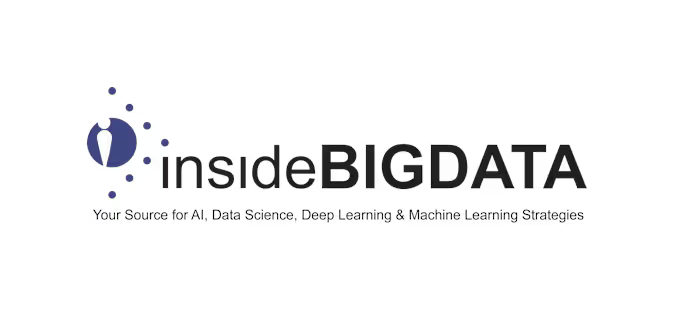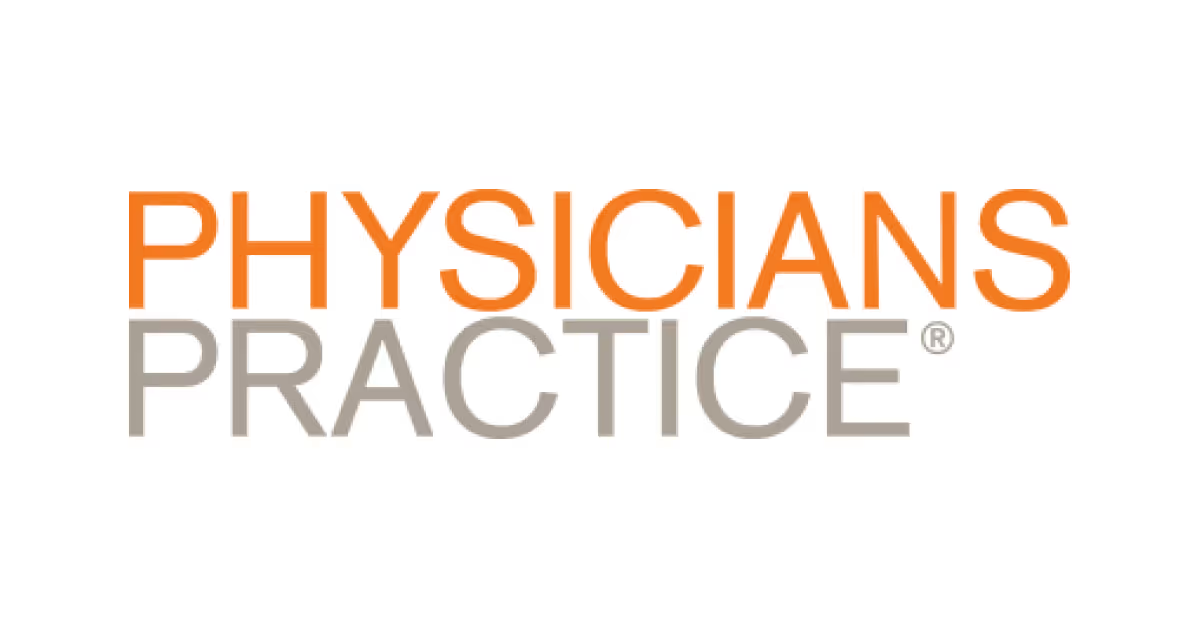Rethinking preventative healthcare with AI and population data
Published:
November 27, 2023

“The latest advancements in artificial intelligence (AI) are inviting a new wave of healthcare delivery transformation, moving towards a more proactive, patient-centric approach than ever before. Notably, the healthcare industry is projected to nearly double its budget allocation for AI and machine learning technologies, increasing from 5.7% in 2022 to 10.5% in 2024. This shift is particularly crucial given the prevalence of chronic illnesses, which affect 60% of U.S. adults and account for 90% of healthcare expenditures. Moreover, this shift is important due to the lackluster adoption of value-based care models designed to proactively address health, which is due in part to the absence of such supportive technologies.
Responsibly employed AI holds the potential to revolutionize healthcare, offering proactive, data-driven care from an initial diagnosis to the post-treatment stage, with extensive and impactful benefits. Responsible AI excels in data processing, resulting in more precise diagnoses, personalized treatment plans, and proactive condition management, all of which can improve patient outcomes. The technology enables early detection and diagnosis by identifying subtle patterns in datasets and facilitating timely intervention.
Predictive care is another advantage, as responsible AI anticipates disease progression and potential complications, enabling swift intervention and efficient allocation of resources. It also guides both healthcare providers and patients in making informed care decisions, focusing on personalized treatment approaches and connecting patients with suitable physicians and care programs. Furthermore, responsible AI enhances communication within the healthcare system, fostering seamless information sharing among providers, thereby improving coordination and ensuring patients receive care at the right time.
Lastly, responsible AI modernizes and streamlines prior authorization processes by creating evidence-based care paths for patients, mitigating delays and enhancing the quality of care. By harnessing health data, responsible AI is poised to transform healthcare, making it more proactive, preventative, efficient, and, ultimately, centered on individual well-being.”
Written by

Cohere
Health
Cohere Health’s clinical intelligence platform delivers AI-powered solutions that streamline access to quality care by improving collaboration between physicians and health plans. Cohere works with 660,000 providers and processes millions of prior authorization requests annually. Its AI auto-approves up to 90% of requests for millions of health plan members. Cohere has been recognized in the Gartner® Hype Cycle™ for U.S. Healthcare Payers in 2024 and 2025, named a Top 5 LinkedIn™ Startup in 2023 and 2024, and is a three-time KLAS Points of Light award recipient.
Stay ahead with expert insights on transforming utilization management and payment integrity—delivered straight to your inbox.


